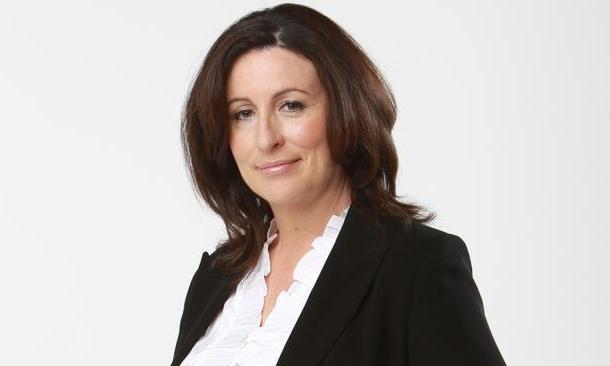
News Corp columnist Miranda Devine says the Labor party is considering introducing a range of new genders if elected to government including one called “Normatron”.
Devine was appearing on Sharri Markson’s Sky News program Sharri discussing an article ahead of its publication in today’s edition of The Daily Telegraph.
Markson said ‘internal government research’ has revealed that the Labor party’s draft platform for their upcoming national conference included a suggestion that the number of recognised genders be increased to up thirty-three different options. The host asked Devine how there could possibly be thirty-three different genders.
“There are so many, there’s just as many as you want, you just create your own gender,” Devine responded, saying the Labor party was being consumed by an obsession with gender.
Markson said she had never heard of some of the genders being proposed such as “poly-gender, pan-gender and cis-gender.”
“There’s another one called normatron or something, whatever that is.” Devine said, before adding it may be called “Neutron”.
The party is set to debate the issue at it’s national conference suggesting that making more options would be of assistance to people who are intersex, transgender or those who identify as non-binary.
Health Minister Greg Hunt also appeared on the program, and commented on the possibility of more than two genders being recognised. Hunt said it was not on the government’s agenda, and it was up to the Labor party to explain what their thinking was.
Despite Devine inventing a new gender Normatron that sounds like it’s one of The Transformers. The gender option suggested is actually neutrois.
The term refers to people who feel that they have no defining gender and has also been labeled as agender, null-gender or genderless.
Cisgender, the gender phrase that stumped Markson, is a commonly used term that refers to people who identify as the gender they were assigned as birth. The opposite of transgender it applies to most of the population. The term was first used in 1991.
OIP Staff





